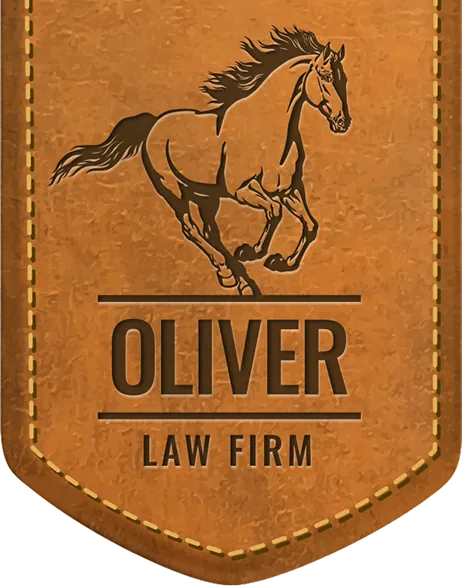What do we do as a law firm in Northwest Arkansas? What are we here for? What is our goal with regard to the clients that we help? Many people would say that the ultimate goal of any interaction should be to inject more happiness into both parties’ lives. With the catastrophic team especially, we often see people going through serious struggles that resulted from a truck wreck, industrial collapse, or some other horrible event. How can we help insert happiness into these peoples’ lives? How can we work to maintain our own happiness when we deal with so much loss on a daily basis? All of these questions led me to choose Happier as my next book from Oliver Law Firm library.
Happier by Tal Ben-Shahar, is an excellent book. The first thing that popped out to me was how easy it was to read. The author is a Ph.D. professor, but writes in a way that everyone can understand. It’s easy to see how this book was a New York Times Bestseller. Working from a framework of engaging storytelling makes transferring any information better and more efficient. That is always something to keep in mind as a trial lawyer.
The most powerful information in the book is actually what it opens with. Ben-Shahar dives straight in to what it means to be happy and the foundational principles of what we can do to be happier. The first thing we can do is realize that “happy” is not a binary option. People ask the question, “Am I happy?” This frames the issue incorrectly where the options are either happy or unhappy. Instead, everyone’s life contains a certain amount of happiness and a certain amount of displeasure or suffering. Happiness is a sliding scale, like a dimmer on a lightbulb. It is not a simple yes or no question, like a light switch. So we have to change our way of looking at happiness. Instead of seeing it as a goal to be achieved, we must be able to look at the level of happiness we have now and then try to figure out what we can do to increase our happiness.
The roadmap for increasing happiness is simple, but profound. Everything that we do has present consequences and future consequences. We can have positive or negative current effects, and positive or negative future effects. The best way to explain this idea is through a chart like the one in the book.
The goal for becoming happier should be to always try and participate in activities that offer both current benefit and future benefit. This comes in many forms. For me personally, I find current and future benefit with the work that we do at Oliver Law Firm. Every day I do something meaningful that I know will benefit our clients in the long-run. Now, there are times when life demands that we dip into the “rat-race” quadrant for a short amount of time to really get a project done. Or we also may dip into the hedonism quadrant for a splurge or some true “down time.” But the key is to realize what we are doing when that happens and work to get back to the happiness quadrant as much as possible.
The book goes on to give tips about applying this theory to different aspects of life and offers a few “meditations” to help the idea really sink in. There is so much great information in this book that I could never hope to fit it all into one report. I’d also be remiss to not mention that, primarily due to our different religious backgrounds, there are several things that Ben-Shahar and I disagree about. But, overall the application of the “happiness quadrant” principle was insightful and thought provoking.
How is your happiness? I have yet to meet someone who was at a point where they couldn’t be happier. I know that changing my point of reference for happiness from a binary choice to a sliding scale and then focusing on activities that are in the “happiness quadrant” will be at the front of my mind from now on. I would suggest that everyone in the office read this book and apply these tools to the way we help our clients as trial lawyers in Northwest Arkansas. “Happiness depends upon ourselves.” – Aristotle.
a Free Consultation



